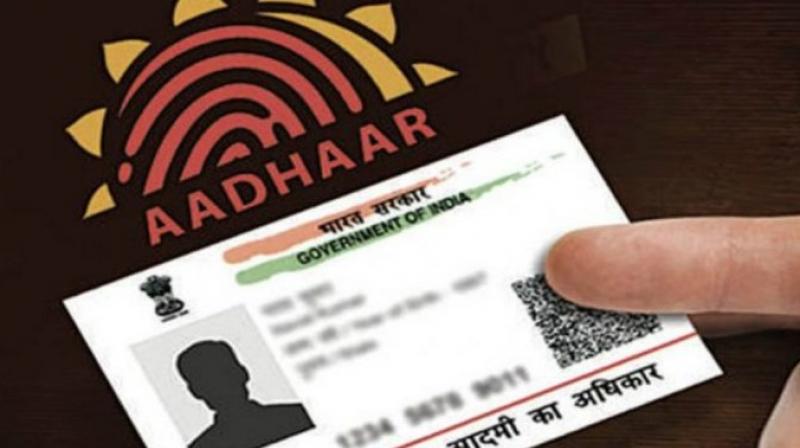Hyderabad: Privacy in digital identification needs to be looked into – Experts
He talked of situations wherein a training provider would be required to pay stipends to a trainee.

Hyderabad: While emphasizing the need to use some form of digital identification — whether Aadhaar, phone number or even biometrics — in skill development, industry experts called for clear legislation that would govern privacy and sharing of students’ data.
On the second and final day of the Annual Digital Identity Conference, held at the Indian School of Business in Hyderabad, a session was held on ‘Digital Identity for Skill Development’. Experts from the AISECT Group and Nettur Technical Training Foundation (NTTF), organisations that offer training in skills required in the unorganised sector, and academicians spoke on the need for better skill development to take advantage of the country’s demographic dividend. During the panel discussion, Mr Sridharan Varadarajan from NTTF focused on privacy issues surrounding digital identification. “Many progressive countries have some sort of legislation on privacy, which specify what information of a student can be stored and what cannot. We do not have an equivalent Act in India,” he said.
Recalling an incident related to Aadhaar, he said, "We have had cases where a student was found to have been involved in illegal activities. We had to share the person’s details with the legal authorities. Whether we were allowed to share the information in the first place. There is nothing to protect us. Things such as these need to be addressed.”
He talked of situations wherein a training provider would be required to pay stipends to a trainee. “It is not a normal transaction. We would have to set up bank accounts for students. What are the laws that govern such information sharing? Again, it’s a grey area,” he said. “Many students are employed by multinational companies (MNC). The would tell a thirdparty to take all the information of a student. Privacy here is a big concern. Fortunately, companies that collect this information offer some sort of privacy but they are governed by the laws of other countries,” he said.
Not just students, he added, there were more stakeholders. “There are a lot of schools that allow students’ bus trips to be tracked. Should they be allowed to do that? This is a question that has not been asked yet. There are a lot of stakeholders here, the students, parents, the school and more,” he said.
Mr Abhishek Pandey from AISECT noted how the government of India had realised a few years ago that almost all of its ministries had training programmes of their own.
“There are people who would take this for a ride. A trainee could undergo training in several programmes, many of which are residential wherein his stay and food are paid for. The government wanted to address this and made Aadhaar mandatory for such programmes. That way a trainee could be tracked between programmes,” he said.

